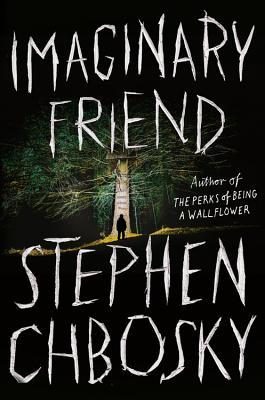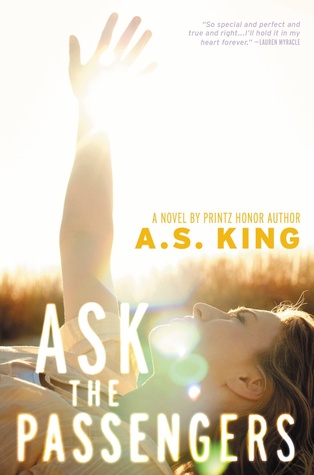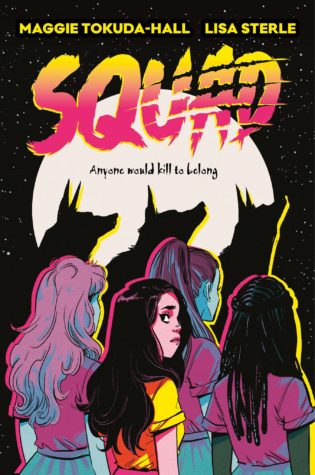
Content warnings: fatphobia/potential ED triggers, murder/slight gore, attempted sexual assault, racism, homophobia
Summary [courtesy of Goodreads]: When Becca transfers to a high school in an elite San Francisco suburb, she’s worried she’s not going to fit in. To her surprise, she’s immediately adopted by the most popular girls in school. At first glance, Marley, Arianna, and Mandy are perfect. But at a party under a full moon, Becca learns that they also have a big secret. Becca’s new friends are werewolves. Their prey? Slimy boys who take advantage of unsuspecting girls. Eager to be accepted, Becca allows her friends to turn her into a werewolf, and finally, for the first time in her life, she feels like she truly belongs. But things get complicated when Arianna’s predatory boyfriend is killed, and the cops begin searching for a serial killer. As their pack begins to buckle under the pressure—and their moral high ground gets muddier and muddier—Becca realizes that she might have feelings for one of her new best friends.
[Note: This review is based on an eARC from NetGalley and Greenwillow Books [HarperCollins Children’s].]
I was SO excited for this book, but as you can see from its appearance here in the Cranky Corner, I was pretty damn disappointed. Before diving into its problems, though, I do want to give it credit for a few things:
-the art is GORGEOUS. Full stop.
-the central conceit of a werewolf girl gang, a la The Craft, is AWESOME
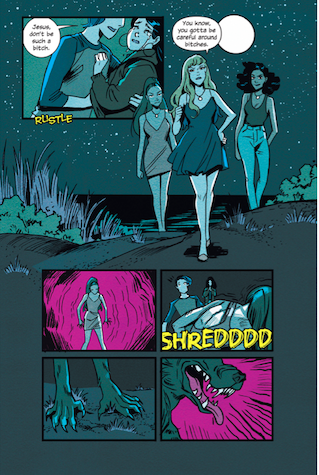
-the overt sapphic relationship between main character Becca and Marley was a great corrective to The Craft’s allegedly ‘straight’ coven
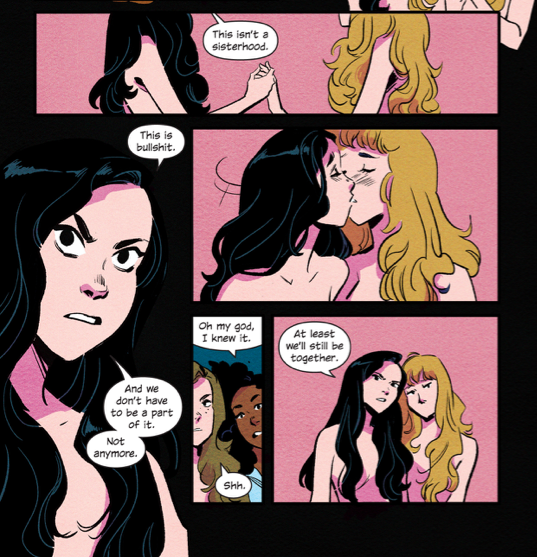
-’ethically’ killing and eating sexual predators, when you already need to kill monthly to survive, is ingenious
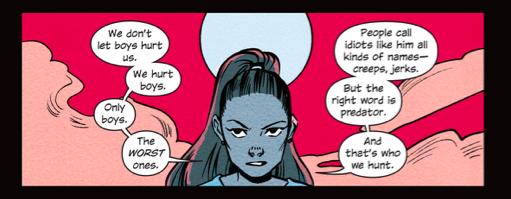
-the ending, particularly the last panels, were great and [spoilers!] very sweet

BUT
This book has ISSUES. Glaring ones, in my opinion.
First, and most persistently, pretty much all of the characters are fatphobic AF, as even the MC’s size 4 body is critiqued by her new mean-girl girlfriends as well as her mother. I think that Becca’s sarcastic internal monologue is meant to challenge her mother’s toxic thinking about dieting and exercise, but it’s never overtly discussed. And while the ‘Squad’ is obsessed with being skinny, it turns out it’s their powers that actually give them this ‘ability’ (at the expense of transforming and needing to consume human flesh monthly). Which, to me, implies that skinniness is some magical, aspirational, idealized power…which is not the best message to send in a #fuckthepartriarchy #feminism YA graphic novel. So while the fatphobia is probably, subtextually meant to be a problem, it’s never actually questioned or resisted in the text. (It doesn’t help that the only non-skinny character is a nerdy girl who exists to teach Becca about toxic cliques…) In 2021, when “representation matters” is the absolute bare minimum, this kind of ‘80s and ‘90s throwback seems like a failure, and a potentially triggering one at that.
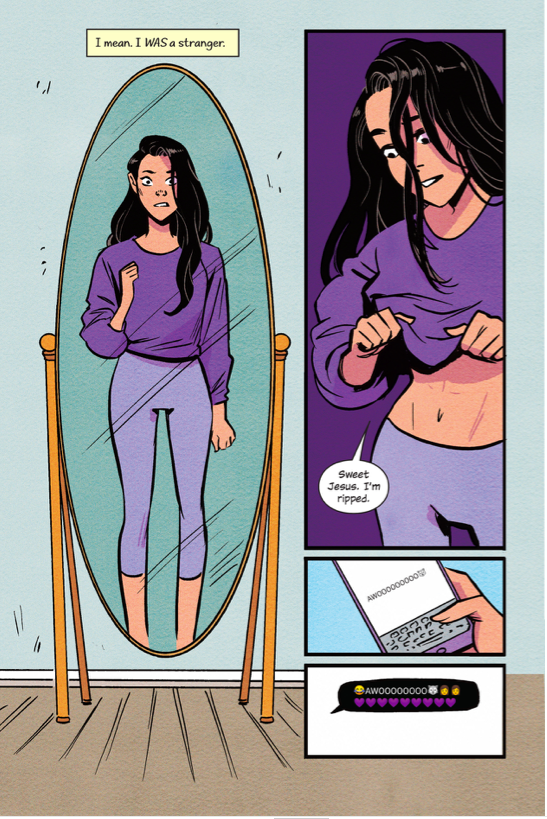
Relatedly, many of the characters in the novel are racist AF, either covertly or overtly, to Asian-American Becca and Black Squad member Amanda (who’s repeatedly called Mandy, against her explicit wishes, by Squad leader Ariana and everyone else). The racism goes unpunished for the most part and generally un-commented on, which makes it feel gratuitous and potentially triggering for no reason. The girls kill young men who are sexual predators or harasser, but they don’t go after them for racism or other toxic behavior. And by the end, the book itself seems to unintentionally double-down on the microaggressions against Amanda, who up until that point is the only Squad member who seems savvy, far-sighted, or at all smart. But after some shit goes down, suddenly the reader is meant to side with main character Becca AGAINST Amanda. Amanda deserved better, and the fact that she remained a sidelined character despite her skills really made me uncomfortable.
Overall, the Squad’s toxic mean-girling is, of course, MEANT to be read as problematic, and I’m the last person to cling onto ideas about respectability when it comes to fictional representation, but I think this book manages to undercut itself pretty severely by the end. Perhaps the overall message is that toxic friendships aren’t all they’re cracked up to be, and that The Craft-style squads shouldn’t be aspirational, and fair enough. But…that’s not a very fun message.
And the cover, marketing, and hype around this book are about FUN, escapist vengeance, and fucking up the patriarchy. Toxic femininity is a thing, I suppose, but does a contemporary, queer update to The Craft really need THAT to be its ultimate focus, instead of racism, fatphobia, homophobia, and toxic masculinity? I didn’t think so, but it turns out I was wrong…

